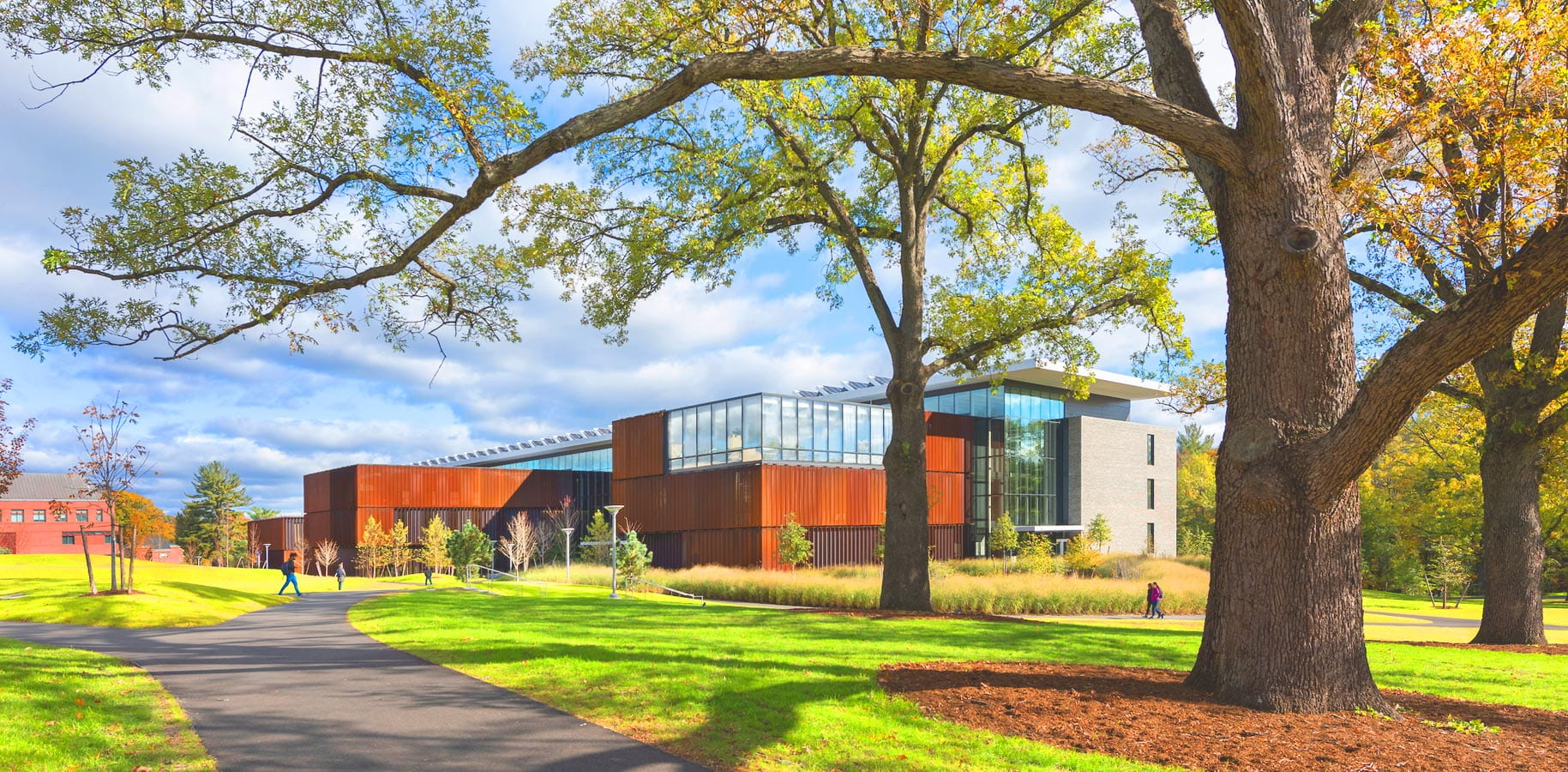On June 10, many SURF labs postponed that days lab work and instead educated themselves on the racism within STEM and defined a plan to commit to antiracist practices moving forward. These labs were among the over 5,000 scientists that stopped business as usual as part of the nation-wide #shutdownstem event.
#Shutdownstem is, as defined by www.shutdownstem.com, “an initiative from a multi-identity, intersectional coalition of STEM professionals and academics taking action for Black lives.” Though STEM is thought to produce objective results, the way in which these results are obtained and researchers are credited reflect the attitudes of the society surrounding the science. As explained on the shutdownstem website, “Our research papers turn into media releases, books and legislation that reinforce anti-Black narratives. In STEM, we create technologies that affect every part of our society and are routinely weaponized against Black people.”
Science does not take place in a vacuum. The ways in which racism persists in STEM have evaded discussion and addressal by the scientific community. #Shutdownstem was designed to address these problems: “For Black academics and STEM professionals, #ShutDownAcademia and #ShutDownSTEM is a time to prioritize their needs— whether that is to rest, reflect, or to act— without incurring additional cumulative disadvantage. Those of us who are not Black, … this moment calls for profound and meaningful change … to not only educate themselves but to define a detailed plan of action moving forward.”
One Amherst College lab to answer this call was the Follette astronomy lab. Professor Follette, Kim Ward-Duong (Five College Astronomy Department Education and Research Fellow), and graduate student Sarah Betti compiled a document of articles, podcasts, and videos about racism within STEM and in the broader community. In creating the Academic Strike discussion material document, Follette says they were “inspired by the call in the #strike4blacklives materials, which challenged non-Black academics to take the day to review the tremendous amount of existing material, educate themselves, and develop a plan for action. There is such a wealth of documentation of Black academics’ lived experiences, as well as scholarship on racism. All we really did is compile and sort some materials, leveraging the emotional and intellectual labor of a huge number of Black scholars and allies.”
Professor Follette and her ten lab members read, watched, and listened to these sources then convened to share what they learned and develop a long-term plan. With this pause on astronomy research, she “wanted to acknowledge the important moment in history that we are all living in, and give my students and myself space to reflect, learn, and come up with concrete plans for action.”
Reflecting on this day’s discussion, Follette pointed out the privilege that is choosing when to acknowledge racism:
“Maybe the most important thing I learned is what an immense cognitive burden it is to learn about racism and plan social justice work. I’m struck by how exhausted and demoralized I feel this week, how little “regular work” I’ve gotten done, and realized that this was after just a few days of planning events from a place of privilege and at a time when people are primed to listen and cooperate in the movement. My Black colleagues don’t get to choose when to confront anti-Black racism in academia, when to bear this cognitive burden, and the fact that they have to bear it constantly is something that needs to stop. What additional amazing science could they be doing, how much healthier and happier could they be, if their identity did not force them to devote a certain amount of their brainpower to internally resisting or actively fighting systems and policies that are designed to exclude them?”
In light of this discussion, the astronomy lab added reading about anti-Black racism in academia as well as astronomy and physics to training material and featured equity and inclusion resources on the lab’s website. Professor Follette will be recording the progress of their plan here.
The learning and plans completed on this day not only by the Follette lab but also by research groups across the country are just that: plans that must be executed and built upon moving forward. Educating ourselves on racism is not limited to one day marked by a trending hashtag but must be something we continue to do intentionally in effort to fix it.
